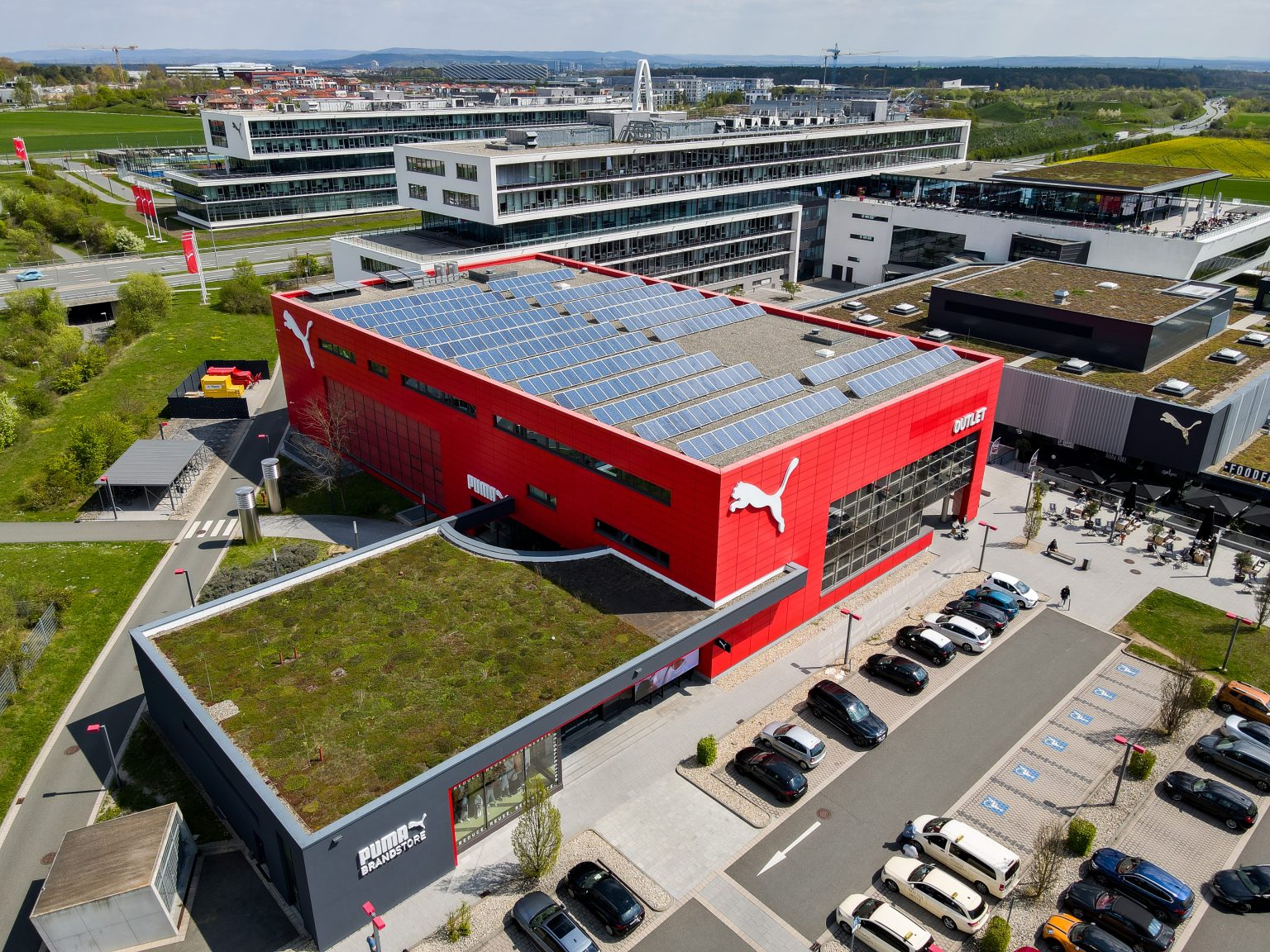Sportswear brand PUMA has unveiled its Vision 2030 sustainability goals, expanding on the success of its previous 10FOR25 targets and aiming for even more ambitious environmental and social milestones. The new goals, which cover areas such as climate action, circularity, and human rights, position PUMA to play a leadership role in shaping a more sustainable future for the fashion and sports industry.
In a statement, Anne-Laure Descours, PUMA’s Chief Sourcing Officer, said: “With Vision 2030 we have elevated and evolved our current 10FOR25 sustainability goals to achieve impact on a larger scale across our business in climate, circularity and human rights. We are setting the bar higher to stay true to our responsibility to be FOREVER. BETTER. throughout our business, for people and the planet.”
One of the key components of the new sustainability strategy is PUMA’s commitment to reducing its greenhouse gas emissions. The brand has set new targets for cutting emissions, with a focus on aligning its efforts with a 1.5-degree global warming scenario, as approved by the Science Based Targets initiative (SBTi). By 2030, PUMA aims to cut its absolute Scope 1 and 2 emissions by 90% from a 2017 baseline. Additionally, it seeks to reduce Scope 3 emissions from its supply chain and logistics by 33%, while maintaining business growth.
As part of its climate action goals, PUMA is increasing its reliance on renewable energy and is working with core suppliers to boost the use of less carbon-intensive materials. The brand has made substantial progress in this area, with 8 out of 10 products produced in 2023 made from recycled or certified materials. PUMA is on track to reach its target of producing 9 out of 10 products from sustainable sources by 2025.
PUMA has also made significant strides in reducing its carbon footprint. In 2023, the company reduced its greenhouse gas emissions by 24% compared to the previous year and met its previous science-based target seven years ahead of schedule. The brand’s efforts in decarbonisation were praised by various industry bodies, including the Carbon Disclosure Project (CDP), Fashion Revolution, and the Financial Times.
Circularity remains a priority for PUMA, with plans to implement more circular business models by 2030. This includes the introduction of re-sell and repair options in selected markets. The company aims to use 100% recycled polyester fabric by 2030, with specific targets in apparel such as 30% of polyester being Fibre-to-Fibre recycled and 20% of cotton fabric sourced from recycled materials. PUMA has also committed to investing in next-generation material research, with a focus on footwear, and scaling up textile-to-textile recycling. This year, the brand produced millions of replica football jerseys primarily from recycled textile waste through its REprogramme.
PUMA’s Vision 2030 also includes ambitious Human Rights targets. The company plans to close the gender pay gap in all countries and foster greater diversity, equity, and inclusion within its operations. Additionally, PUMA aims to train 400,000 workers in human rights, implement progressive salary increases towards a living wage, and achieve a zero gender pay gap at core factories by 2030.
These comprehensive sustainability goals demonstrate PUMA’s commitment to integrating sustainability into every aspect of its operations, from product development to supply chain management and employee welfare, setting a bold example for the industry. For more detailed information on the Vision 2030 targets, please visit https://about.puma.com/en/sustainability.




